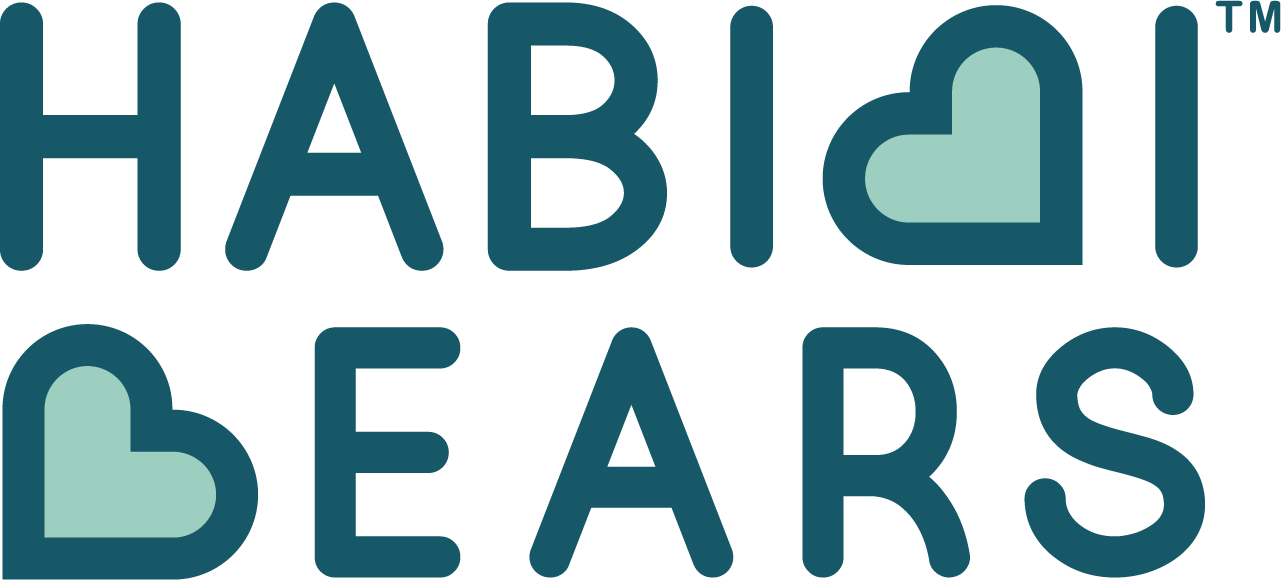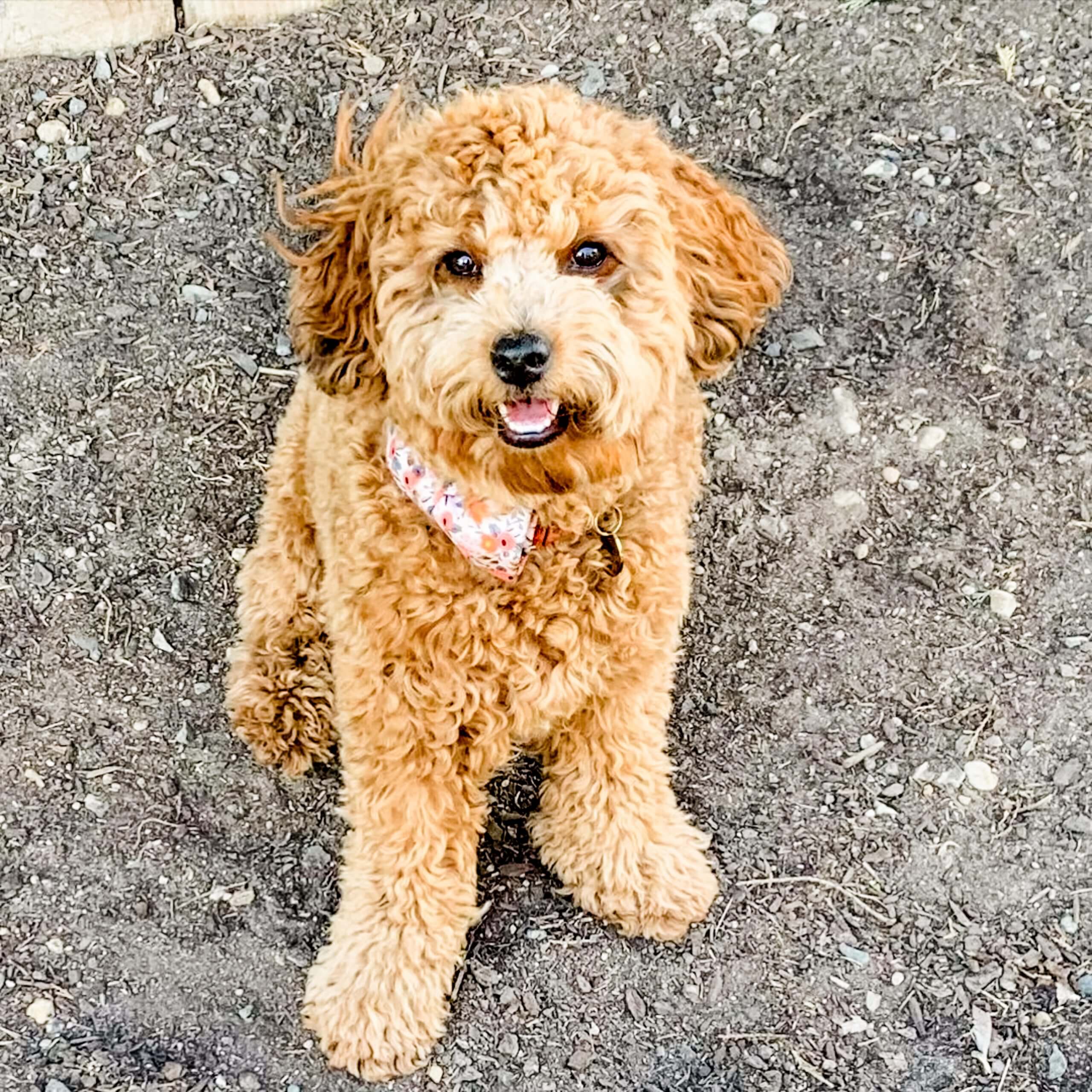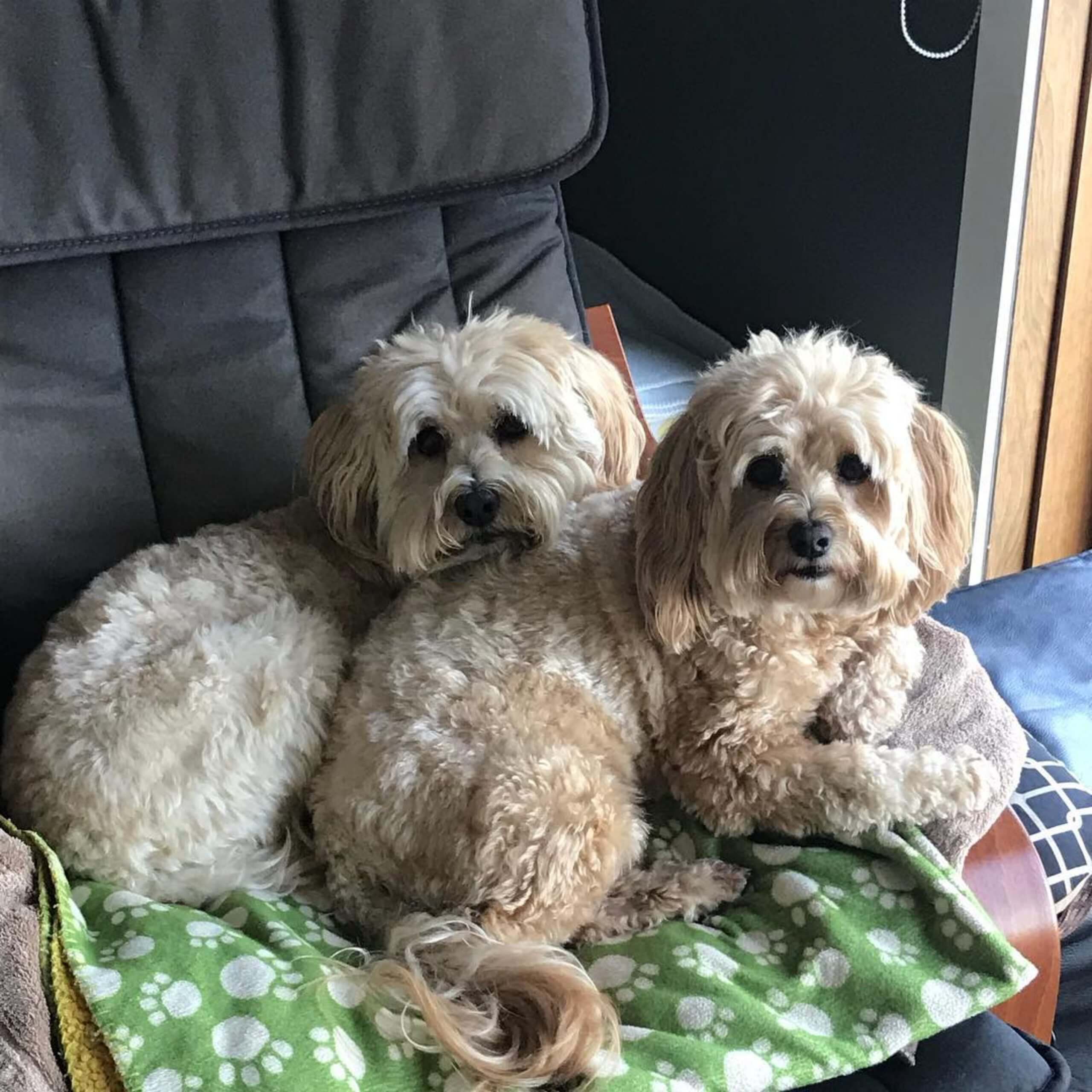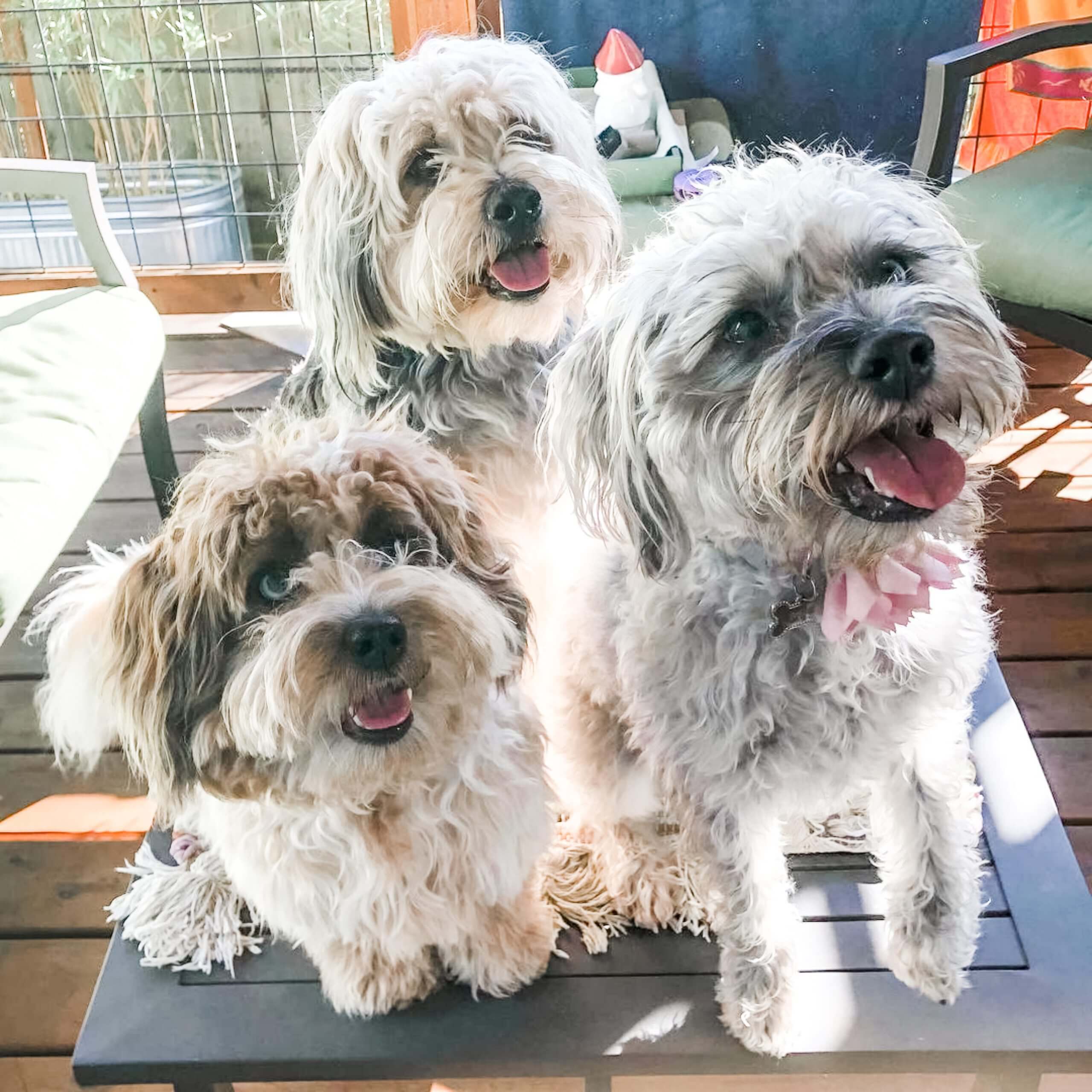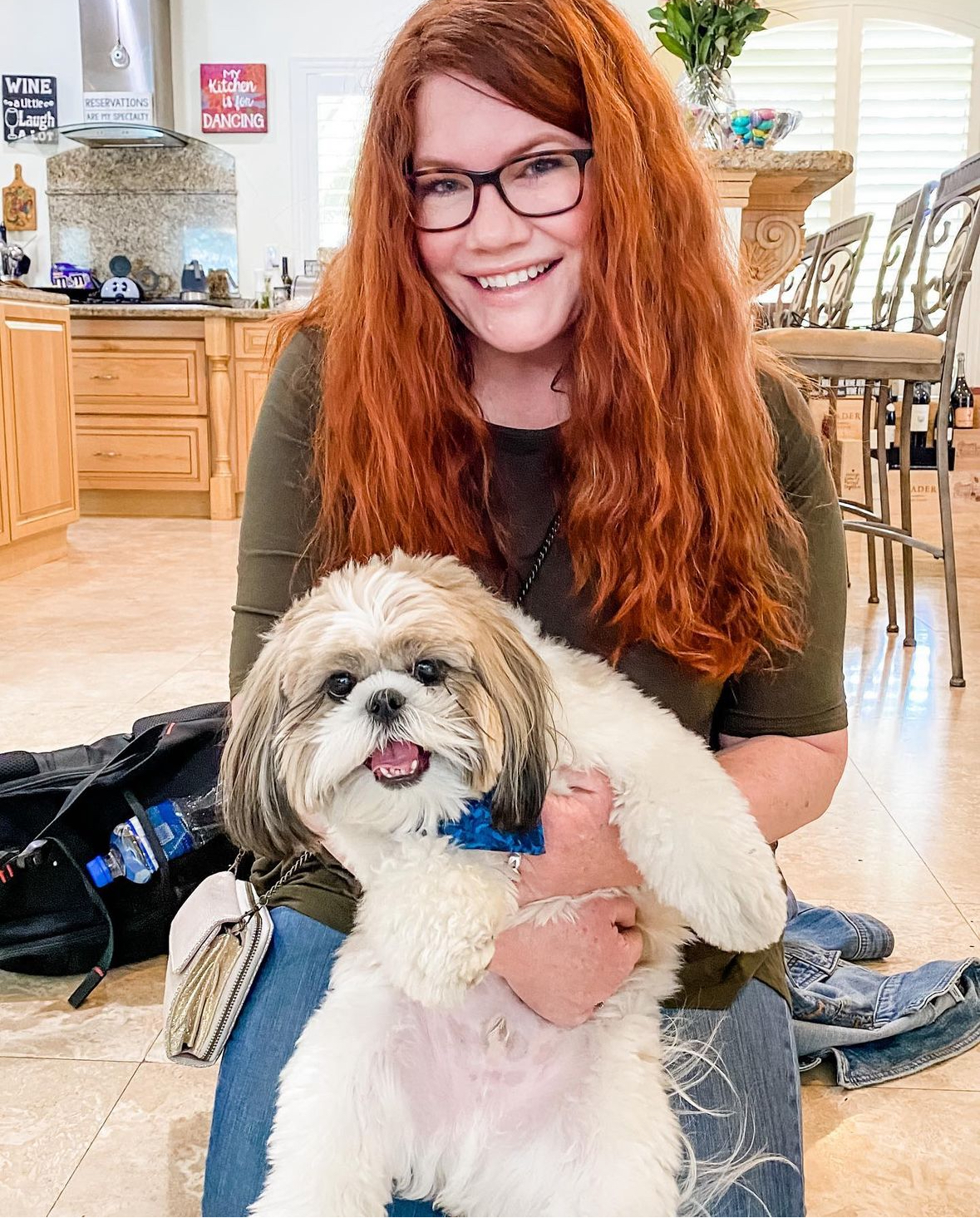Dog parks have become a growing popular trend, and its one that causes most trainers and behaviorists to cringe when they hear about their clients taking their new puppies to. While it sounds like a wonderful experience for your puppy, the opportunity to play and socialize with other dogs……the reality is the dog park contains way too many unknowns to be certain your puppy or dog will have a safe, positive experience.
ABSOLUTELY, NO PUPPIES AT THE PARK.
Do NOT take your puppy to the dog park. Period.All it takes is one negative interaction to completely derail your training progress. Even worse, if it happens in a Fear Phase, it can change your puppy for life. It is far more likely that they will become overwhelmed, have a bad experience, or even get exposed to Parvo, Distemper or parasites, than gain the proper socialization you are hoping for. We have no control over the behavior of unknown dogs, and for your puppy, being bombarded by lots of dogs can affect their comfort around other dogs for life. Many owners tend to leave their dogs to run wild and the playground bullies will gang up on the fearful or less confident dogs. We get emails every month from families telling us how their puppy was attacked at dog parks and doggy daycares, due to unsupervised aggressive dogs.
Years ago, I too learned the hard way. I took my young puppy to a puppy play day for socialization, and it was poorly managed. Needless to say a large breed dog ran over and attacked my puppy and he was never the same. It was so frightening for him, he became fearful of everything, cowered and tucked his tail. Since that event, he was very fearful of new dogs and people and behaved like he was abused, which was never the case. In that split second we watched his personality change. My once playful, bouncy, fearless puppy was now a fearful dog….. and he was that way all his life. I just wanted to help him, and thought this was a great way to socialize my puppy, and always regretted that decision.
Sadly, all it takes is one negative experience to shatter your impressionable puppy’s trust and safety in their world. There are many temperaments of dogs, and only a small percentage are the type of dog who thrive in that type of social setting.
Dog Parks are for mature, well-socialized dogs.
If only this were the reality. Sadly, many people take dogs with problems to the parks, with the hopes that being around other dogs will remedy their behavior issues. It is of the utmost importance that your young puppy is protected from any negative experience with maladjusted dogs. If you have a dog that is worried or reactive toward other dogs, do NOT take them to the dog park. Providing healthy interactions with well adjusted dogs is very important for your young puppy. So we recommend finding safe, well trained dogs that have reliable behavior to help your dog make friends and learn about life.Playdates & Sleep overs!
Your puppy can get all the interactions he needs from planned and controlled socialization dates with a well-trusted dog. Invite them over to your home and have supervised play. Want extra socialization? Schedule sleep-overs at a trusted friend’s. Our girls love to spend the night at Emily’s house and play with her service dog and help socialize the puppies in training. Our granddog Panda comes for play dates so she can interact and learn from our dogs. The goal is provide healthy interactions and experiences with other calm dogs. Many families misunderstand what these play dates should look like-It isn’t about “playing” or wearing each other out. The racing around, crashing into each other, play biting and pinning each other down can actually teach poor social skills, not good ones.
My vet said he needs “more socialization”
Do you wonder what this means and what you should do? Typically it means your dog is lacking social experiences and is exhibiting behavior that shows fear of new people, places and other dogs. The goal of socialization is to help the dog build confidence in situations that previously caused distress. The dog park contains way too many unknowns to be certain your dog will have a safe, confidence building experience. especially for dogs who lack good experiences. In one visit your dog can learn lots of negative behaviors such as, how to bully or defend himself, and rowdy, high arousal behavior. For young puppies, this is not the example you want them to learn from. If your puppy is highly reactive and excited when he sees other dogs, STOP going to the dog park or day care. For many dogs, the repeated free exposure to other dogs makes them worse, not better. And its difficult to un-train these bad behaviors. If your dog is literally dragging you to the entrance and rushing to the other dogs, they are practicing high arousal play with no boundaries, and this is not conducive to training calm. Many dog owners may think this is a good thing for their dog, when they can’t wait to get away from you and play with the other dogs at the park. They may think if their dog gets more time playing it will tire them out and this reactive behavior will calm down eventually. The reality is, there is a correlation between dogs who regularly attend group free play with unfamiliar dogs and leash frustration and poor dog-to-dog manners. If your dog isn’t improving, or is getting worse from his group play experiences, STOP.
At the dog park, there are no assurances that these are safe, appropriate, vaccinated dogs. You won’t know if their owners have off-leash control until it’s too late.
Illness and Parasites are a huge concern.
If you have a young puppy that still has an undeveloped immune system, do NOT take him to any public place where dogs may have been – especially the dog park. Viruses can live in the soil for a very long time. They are an invisible innocuous disease that can infect hundreds of dogs. Dog Parks and Puppy Daycares are prime breeding grounds for any number of viruses and parasites that can be spread via the soil, water and air, saliva and feces. Upper respiratory viruses are passed around the playground, training classes, day cares and boarding kennels – even when vaccinations are required. If we could have a dollar for every family that ends up with Kennel Cough after joining puppy classes and daycares… we would be rich! Parasites can be picked up through contact with feces and by drinking water from puddles in common areas where fecal matter has been. Bacterial infections and giardia are common issues as they can live in a wet or damp environment for a very long time. Other intestinal parasites, such as roundworms, hookworms and whipworms, live in the soil and can be easily passed on to your dog if it ingests these eggs by licking his feet, eating dirt, etc. If you are a regular at the dog park, have your dog’s stool checked routinely by a veterinarian for intestinal parasites.“It’s all fun and games – until someone ends up in a cone.”
All joking aside, Another problem owners should watch for in a dog park and group play classes is unsupervised play with big and small dogs. Serious injuries & death can result from the injuries inflicted to a small dog by a larger dog. Its a frightening experience we hope none of our families ever have to witness. My story of my little pup in group playclass was a prime example of play gone wrong. Dog fights can arise between dogs of all sizes, so owners must always supervise their dogs to ensure all interactions with other dogs are not only safe, but positive. Be present. Be available to redirect any inappropriate play or behavior before it escalates. Be aware of your dog’s threshold, and don’t be afraid to remove your dog if you feel they are amped up and “past the point of no return”. If your dog is not properly socialized for this type of interactive play, altercations are likely to occur, and as the owner, please take responsibility of your dog in public.
Many dogs don’t like to play with dogs they don’t know. Dogs can be like us in many ways – some people also prefer spending time with close friends instead of large social events where they don’t know anyone, and that is totally ok! Its important to honor your dog’s innate nature. If they don’t enjoy social time with lots of dogs, respect that and don’t force them into a situation that makes them uncomfortable.
If you have any questions about healthy socialization and your Habibi Bear, reach out today to book your 1 on 1 call with Emily! 1 on 1 Sessions with Emily
